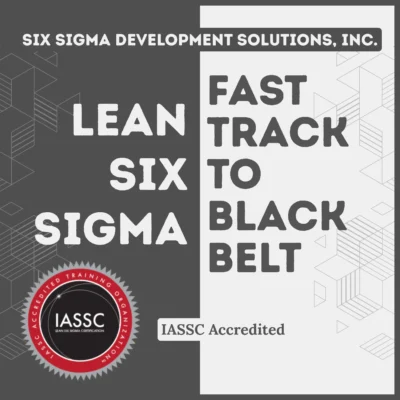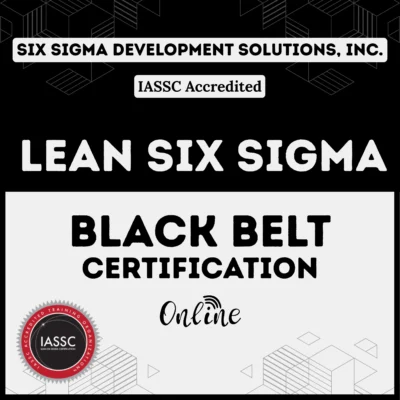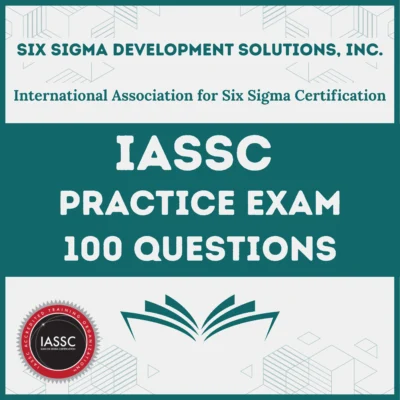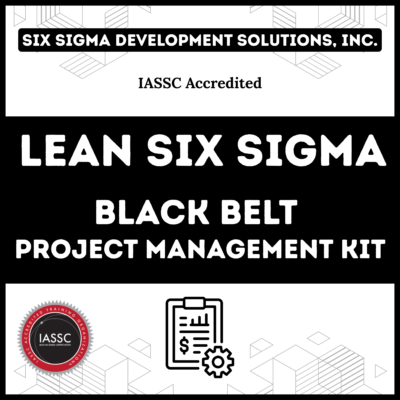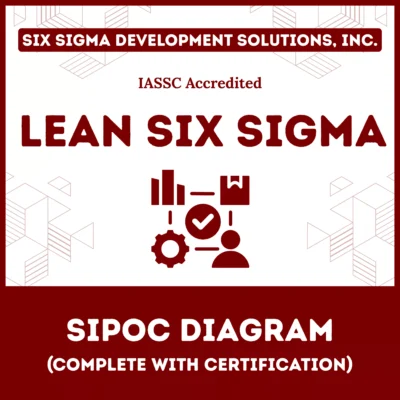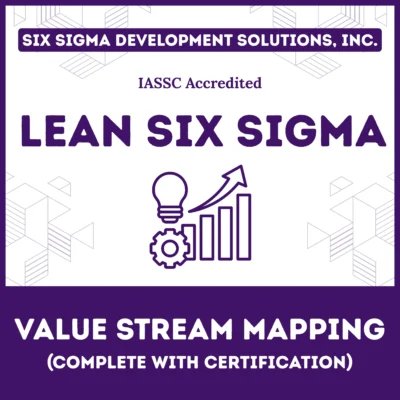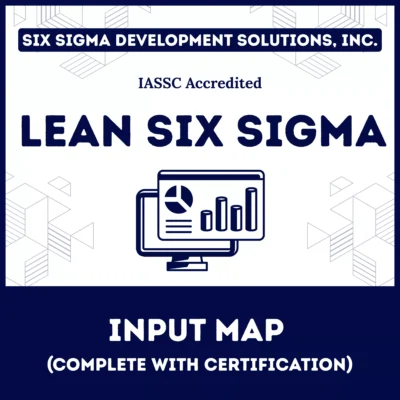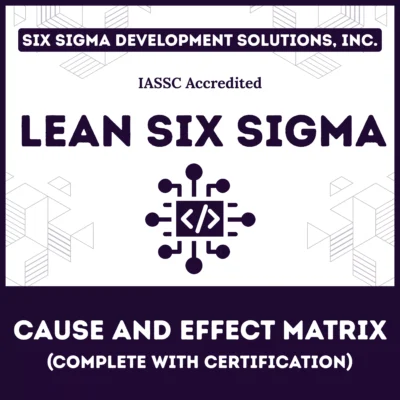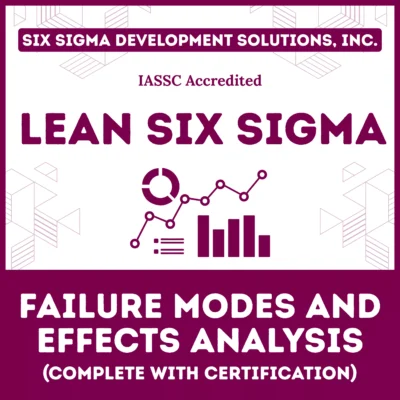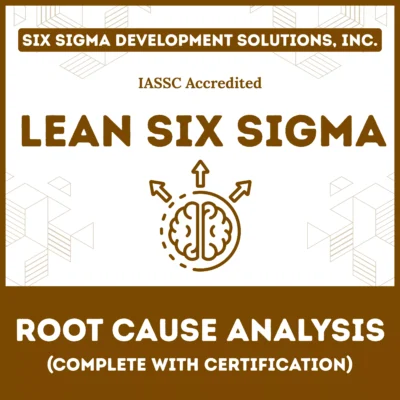Table of contents
MBA vs. Six Sigma: Which Should You Choose?
Have you been thinking of upgrading your curriculum with an MBA degree or a Lean Six Sigma Certification, but you’re wondering if they are worth it? Six Sigma and MBA training can make anyone an asset to any employer and would be willing to provide a great salary. A strong salary could be possible with an MBA. Both can be powerful tools to help you move your career forward. But which one is better? Both have merit and both are good tools. This article will discuss the advantages of Six Sigma training and the overlaps. This guide will help you make the most of your education.
MBA Degrees
The Master of Business Administration degree offers students the opportunity to study a variety of management and business subjects. An MBA is worth the effort, time commitment, and learning curve. It can also open many doors. It offers a high return on investment.
The MBA program covers management and business topics. Case studies, team projects, and coursework provide knowledge and experience in a range of industries, cultures, business strategies, and business models, with a particular focus on multidisciplinary problem-solving. The MBA curriculum covers the following subjects:
- Accounting
- Finance
- Analytics for business
- Entrepreneurship
- Management of global business
- Marketing Management
- Operation management
- Management of the supply chain
While earning an MBA can be difficult and require a great deal of learning, it is still highly valued by the market and can open many doors. It also offers strong returns on investment.

Is an MBA Degree Worth It?
Over the last few years, thousands of students have taken business courses that are accredited by the Association of MBA. Many of these students earn back up to a third of the course fees within one year of graduating. Many of these graduates are now employed in top management positions at multinational corporations and companies. These firms actively search for the best graduates with strong problem-solving abilities, team-oriented mindsets, extensive skillsets, and strong problem-solving capabilities.
MBAs, like Six Sigma, teach essential skills that will make you a highly-valued, marketable employee. You can only strengthen your MBA with more Six Sigma and Lean training. You can boost your career progression as an MBA graduate by gaining better job prospects, strong business networks, and essential skills and expertise that will ensure you a high-paying job.
Lean Six Sigma Training
Six Sigma enables you to improve business and production processes. Six Sigma is similar to an MBA. It can be used in many sectors such as operations, production, and project management. These career options are great for those who want to improve their skills and be valuable employees.
The global market is extremely competitive and requires highly-qualified graduates to hold high-ranking roles in top companies. Six Sigma training can be a great way to revitalize your career and give you more options for success.
Six Sigma certification demonstrates a strong ability to improve business processes and products through the use of proven tools and analysis techniques. Six Sigma certification is similar to the MBA. It can be used in many sectors such as manufacturing, customer service, project management, and operations.
Six Sigma is based on methodologies. These are roadmaps for improvement that can be used to implement the principles. DMAIC is one of the main methods. It focuses on improving existing processes incrementally.
- D: Describe customer requirements, project goals, and needs.
- M: Determine the main aspects of the current process and collect data about how it performs.
- A: Use data analysis to identify errors and places they occur. This will allow you to target the most common errors and make improvements.
- I: Enhance processes. Verify that the improvements are working.
- C: To prevent errors from recurring, control future processes.
DMAIC is the most well-known methodology and most closely associated with Six Sigma.

Is a Lean Six Sigma Certification Worth It?
Six Sigma offers a flexible and powerful set of strategies and tools to help companies identify and correct errors before they become a problem. Six Sigma, like the MBA, teaches you how to work in a team to achieve the best results. It has various certifications such as Master Black Belt and Black Belt. This will allow you to improve your skills in order to fulfill specific hierarchical positions.
When applying for managerial positions, a Master Black Belt Certified person has an advantage over others. Your chances of success will be enhanced if you have both Six Sigma and an MBA. Both of these paths will teach you complementary skills that will help you reach the success you desire.
Why not both?
Leaders who are successful must approach business problems from multiple angles and understand the impact on both the immediate environment and the wider organization. MBA programs provide a solid foundation in business areas like marketing, strategy, finance, operations, and negotiation. Six Sigma and its tools are a proven method for leaders to challenge the status quo and use a set of data-driven process improvement skills to lead cross-functional teams in solving business problems. Having both an MBA degree and a Six Sigma Certification can help you get the salary you want and deserve.
Which do you prefer, Lean Six Sigma Certification or an MBA Degree?
Let us know in the comments below!




